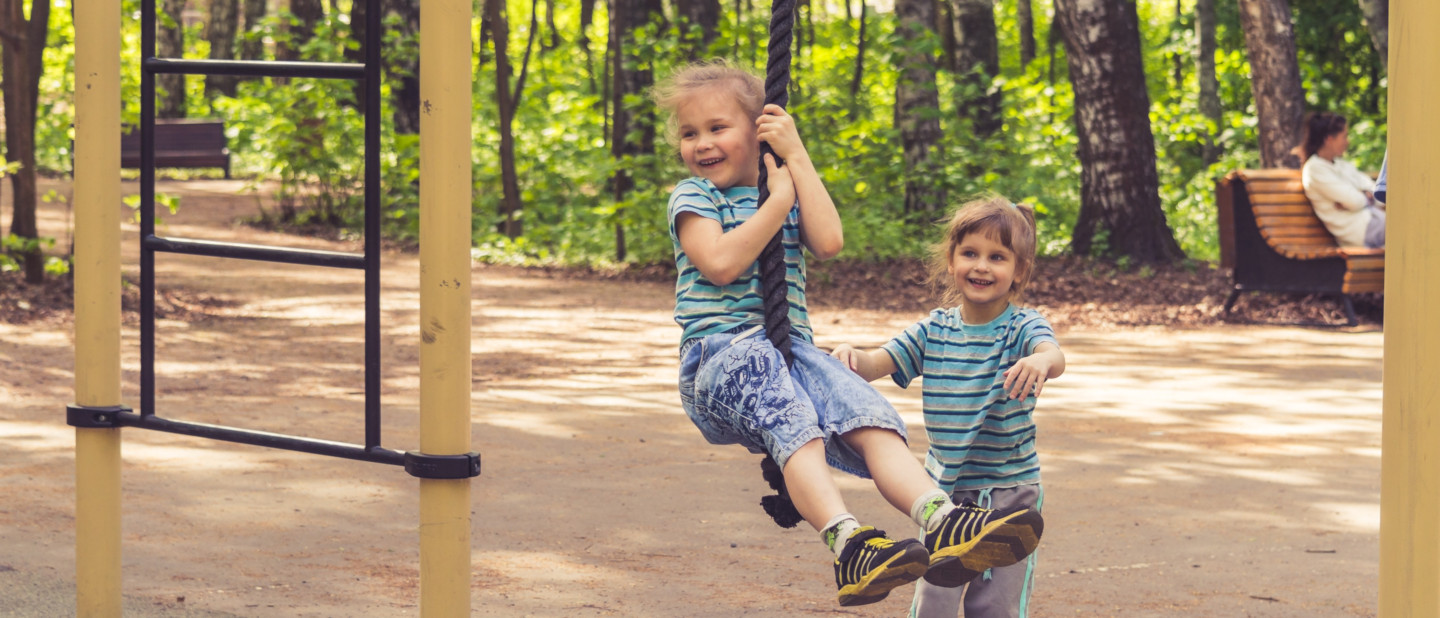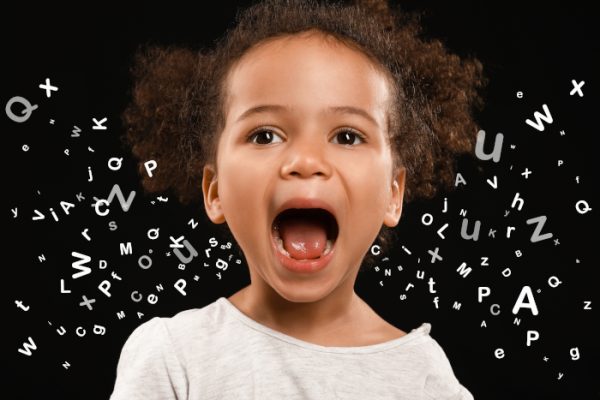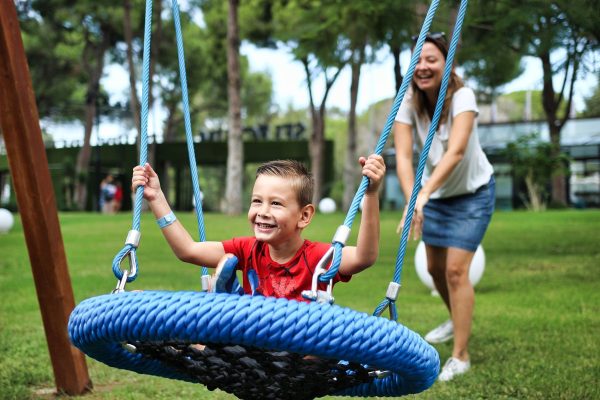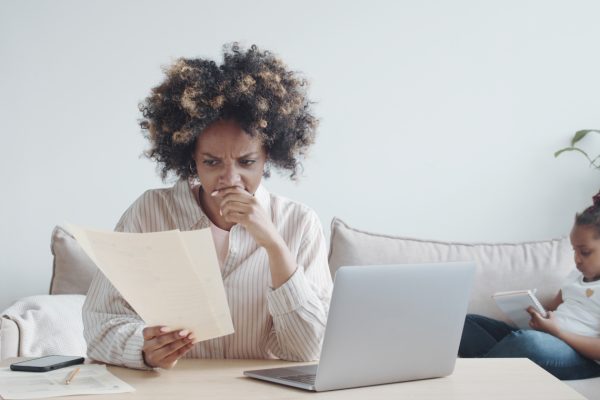
Family fun & therapy: balancing breaks and goals
School holidays – especially our long summer break – are a chance to relax, explore, and create lasting memories with the whole family. However, for parents of children with disabilities who require ongoing therapy, the holidays can also bring concern and anxiety about maintaining progress.
Firstly, don’t stress! A break, even an extended one, can actually be a good thing. We all need a little down time now and then – especially our kids who put in so much work in their therapy sessions. Therapy demands a lot physically and mentally from them and they deserve a break as much as anyone. No-one can learn continually 100 percent of the time and time off from therapy allows time for skills consolidation as well as reflection on goals and progress made so far. Plus, summer is a time for FUN!
If you do want to keep some skills practice going however, albeit in a lighter, more relaxed way here are some family-friendly ideas you can easily incorporate into your days.
Set clear goals
Discuss with your child’s therapists and create a list of specific goals you’d like to work on during the holidays, such as improving fine motor skills, speech articulation, balance, or emotional well-being. It’s a good idea to share your holiday plans and factor those into your goals, as you’ll need to consider the environment and access to tools and resources.
Remember, you don’t want to overwhelm yourself or overschedule your child – so narrow it down to one or two goals and incorporate it with your holiday plans.
Home-based activities
Incorporating therapy-based activities into your daily routine is an easy and fun way to keep up the momentum during the holidays. You can adapt activities your child is familiar with, or try some of these at home:
- Holiday-themed arts and crafts
- Sensory activities such as playing with slime kinetic sand, or water beads
- Pool activities to continue physiotherapy
- Storytelling and reading aloud
- Puzzles and board games for problem-solving and social skills
Make it fun and simple and enjoy quality family time while maintaining your progress.
Therapist recommendations
Reach out to your child’s therapists and ask for suggestions on home-based activities that can supplement their regular sessions. Make sure you discuss your holiday plans so they can tailor exercises to meet your child’s goals and match the environment you’ll be in. They can provide you with a range of ideas, resources, and specific exercises to try at home. Remember, therapists are there to support your child’s progress, even during the holidays.
Outings
Holidays offer a great opportunity to explore new environments and engage in sensory-rich experiences. Plan outings that align with your child’s therapy needs. For instance, a visit to a park can offer opportunities for physiotherapy exercises, such as walking on uneven terrain or climbing structures. Museums, art galleries, or nature reserves can stimulate speech and language development while fostering a sense of curiosity. These outings are great regardless of therapy but offer a chance to keep up the momentum in new environments.
Programs
During the school holidays, you’ll find lots of organised specialist programs like camps, workshops, and community events that cater to children with disabilities.These programs often have experienced therapists on staff and incorporate therapy into recreational activities.
Explore local options and enrol your child in a program that aligns with their needs and celebrates their interests. Programs offer a structured and supportive environment where therapy can seamlessly blend with engaging group activities.
Peer interaction
Encourage your child to spend time with friends and peers, engaging in activities that align with their therapy goals. Organise playdates or join community groups that foster inclusive abilities and environments. These interactions can offer opportunities for communication, cooperation, and the development of social skills.
Relaxation and Mindfulness
While therapies focus on specific goals, it’s equally important to prioritise relaxation and mindfulness. You can use Youtube to find kid-friendly yoga, such as Cosmic Kid Yoga, or practise quiet meditation or reflection. Not only do these promote emotional well-being and regulation, but these activities are also great for balance and concentration.
Keeping up the momentum and continuing therapies during school holidays shouldn’t feel like a chore. Remember to keep it simple, keep it fun and integrate it with what you already have planned.
More Ways to Grow through Play!
Head to the park where the equipment provides some brilliant opportunities for fun and development.
Slides
Slides are a great tool for visual perceptual skills (the brain’s ability to make sense of what the eyes see). Practice climbing up those stairs, while holding on to the handrails.
Swings
Swings will meet your child’s needs for vestibular stimulation. By playing on a swing, the vestibular sense will give information about where their body is in space, and if your child is moving, how quickly they’re moving and in what direction.
Monkey Bars
Monkey bars offer an excellent way to enhance the hand and finger muscles essential for grasping and handwriting. Plus, you can customize this activity to suit different abilities. For instance, if your child struggles to support themselves entirely, you can lend a helping hand to ensure their safety. Monkey bars are also fantastic for improving eye-hand coordination, building core strength, enhancing balance, and developing both arm and leg power.
Ladders and beams
Ladders and beams provide opportunities for improving balance and coordination. Think of the ladders leading up to slides or balancing on different equipment lower to the ground. You can even draw a chalk version on the ground to incorporate the same movement.






